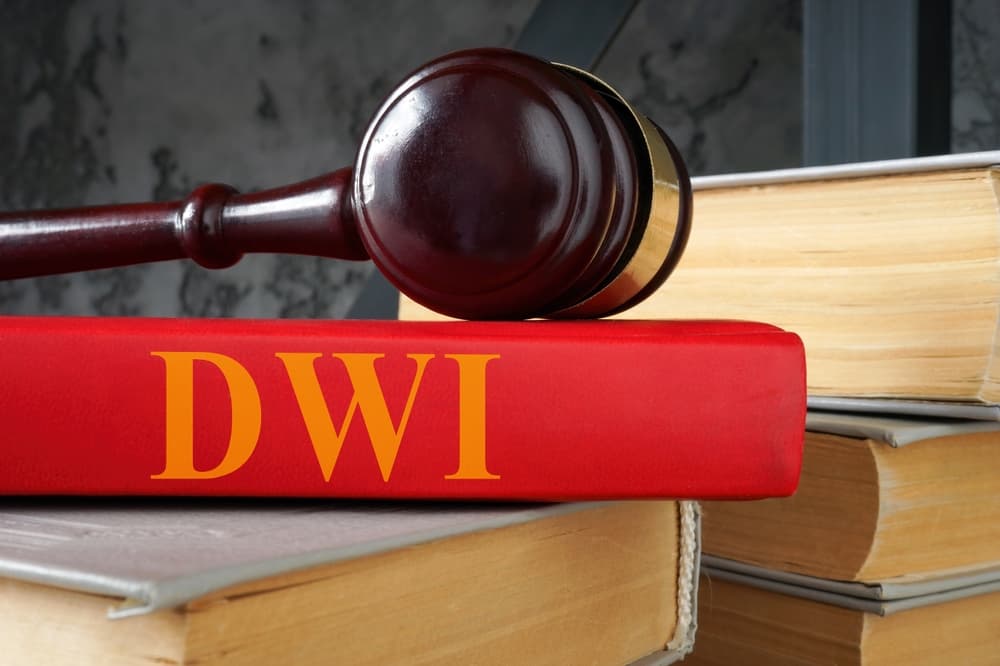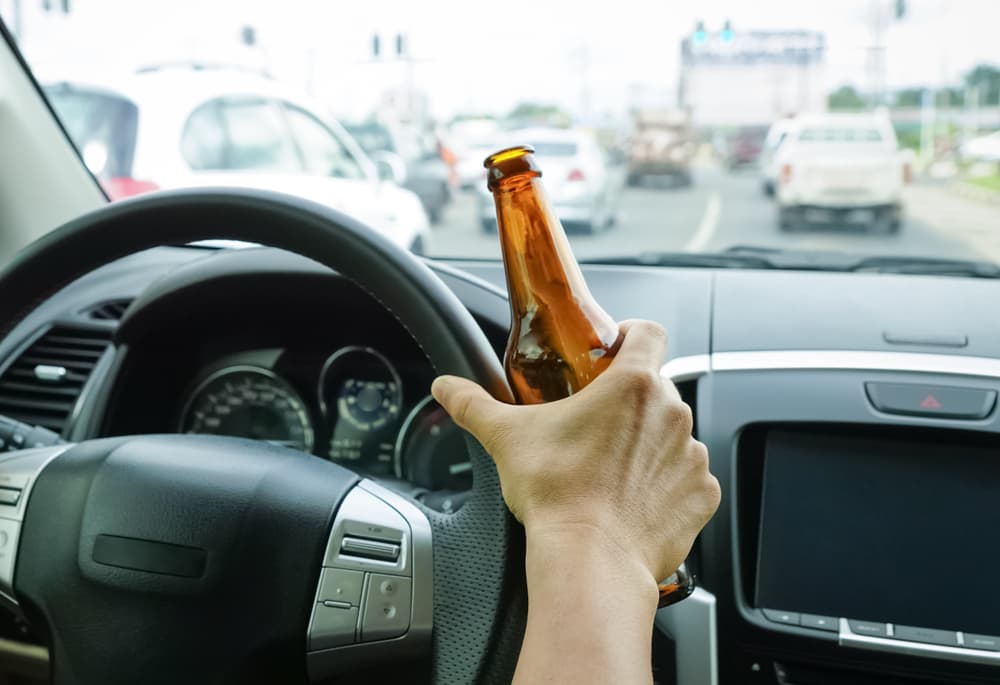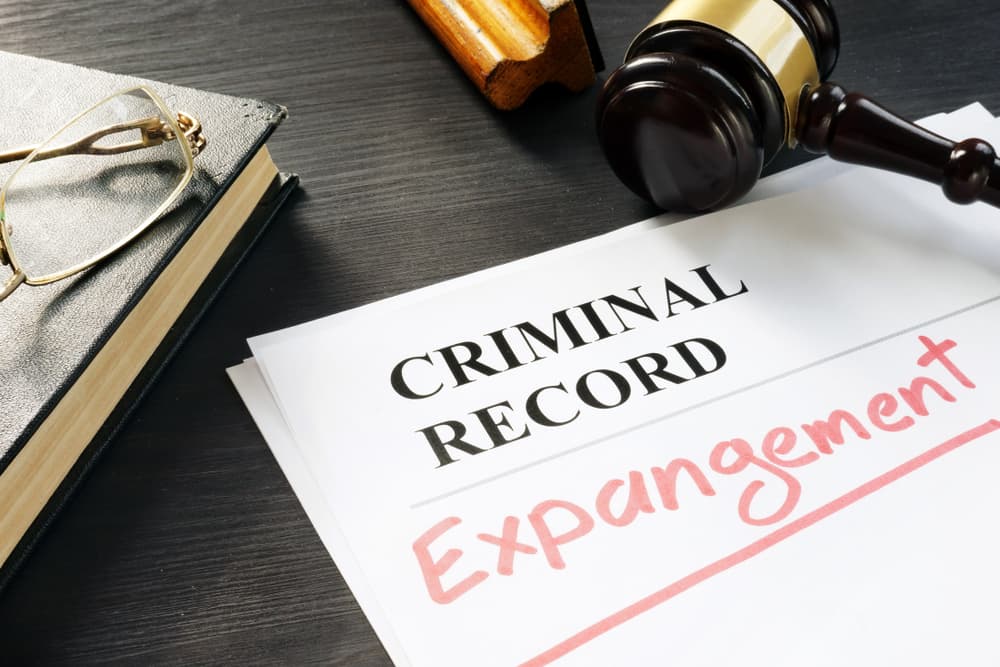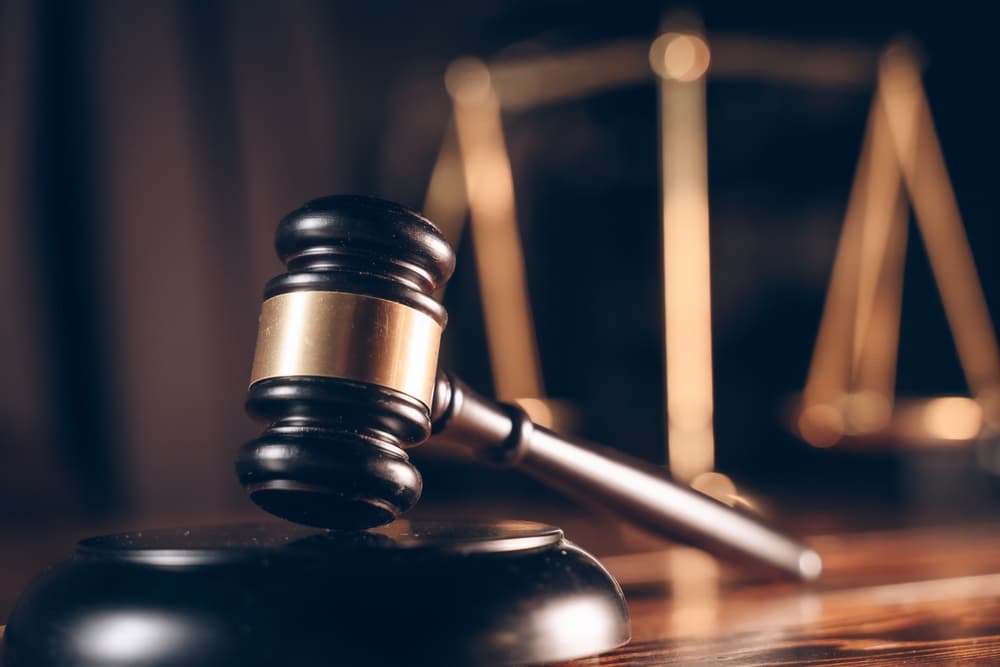Driving while intoxicated, or DWI, is a serious criminal offense. Having a DWI charge on your record – even a first-time charge – can result in various collateral consequences. For example, you may have difficulty finding a job or gaining admission to a college or university.
In certain situations, individuals with a DWI on their record may be eligible to have their record expunged. An experienced DWI defense attorney in your area can determine your eligibility for a records expungement and handle every step of the process for you.
What are the Legal Elements of a DWI Charge?

To convict someone of DWI, a state prosecutor must establish certain legal elements beyond a reasonable doubt. These elements include:
- Operation of the Vehicle: The state prosecutor must first prove that the accused individual (the defendant) was driving or in actual physical control of the vehicle. This means the defendant must be behind the wheel, regardless of whether the vehicle is moving.
- Public Roadway: It must be shown that the vehicle was on a public road or a place accessible to the public. Driving on private property may not meet this requirement unless it endangers the public.
- Intoxication: Intoxication may be demonstrated through a Blood Alcohol Concentration (BAC) of 0.08 percent or higher. Alternatively, the prosecutor can show that the defendant’s mental and physical faculties were impaired due to alcohol, drugs, or a combination of both.
To establish these elements, the prosecutor relies on various forms of evidence. This includes:
- Testimony from law enforcement officers: This may cover the defendant’s driving behavior, physical appearance, and performance on field sobriety tests.
- Chemical test results: BAC readings from breath, blood, or urine tests are crucial in demonstrating intoxication levels.
- Video evidence: Dashboard or body camera footage can provide visual proof of the defendant’s condition and behavior.
If the prosecutor fails to establish these elements beyond a reasonable doubt, several consequences follow:
- Acquittal: The defendant will be found “not guilty.” This means they cannot be legally punished for the DWI charge.
- Dismissal: If critical evidence is excluded or insufficient, the judge may dismiss the case before it even reaches a jury.
The “beyond a reasonable doubt” standard is crucial in criminal cases. It ensures there is a high level of certainty before someone is convicted and potentially faces severe consequences, such as fines, license suspension, or even imprisonment. If the evidence leaves room for reasonable doubt, the jury is instructed to acquit the defendant.
Potential Penalties for a DWI Conviction

Upon conviction for DWI, a person can face a range of penalties that vary depending on several factors, such as the severity of the offense, the presence (or absence) of prior convictions, the presence (or absence) of aggravating circumstances, and the jurisdiction where the DWI case is pending. Here are the potential penalties upon conviction:
- Fines: Convicted individuals may be required to pay significant fines. For a first-time offense, fines can range from a few hundred to several thousand dollars. Repeated offenses usually result in higher fines, reflecting the increased seriousness of the crime.
- Jail Time: DWI convictions often carry mandatory jail sentences. For a first offense, jail time may range from a few days to six months. Subsequent offenses can result in longer sentences, potentially extending to several years. In some states, there are mandatory minimum jail times for repeat offenders.
- License Suspension or Revocation: Conviction for DWI typically leads to the suspension or revocation of the driver’s license. The length of suspension can vary from several months to years, depending on whether it is a first or subsequent offense. In severe cases, a permanent revocation may occur.
- Probation: Instead of or in addition to jail time, a court may place the individual on probation. Probation terms can include regular check-ins with a probation officer, attending alcohol education classes, undergoing random alcohol and drug testing, and complying with all court orders.
- Alcohol Education and Treatment Programs: Many jurisdictions require offenders to complete alcohol education or treatment programs. These programs aim to address the underlying issues of alcohol abuse and prevent future offenses.
- Ignition Interlock Device: Courts may require the installation of an ignition interlock device (IID) on the offender’s vehicle. This device requires the driver to provide a breath sample before the engine starts. If alcohol is detected, the vehicle will not start. This condition can last for months or even years.
- Community Service: Offenders may be ordered to complete a certain number of community service hours. This can involve various activities, such as cleaning up public spaces or working with community organizations.
- Insurance Consequences: A DWI conviction often leads to significantly higher car insurance premiums. Some insurance companies may even cancel the policy altogether, making it difficult to obtain new coverage.
Successfully Defending Against a DWI Charge

Facing a DWI charge can be daunting, but several legal defenses may help reduce or dismiss the charges. Here are some common defenses that are used in DWI cases:
- Improper Stop: The police must have a valid reason to stop your vehicle. If the officer didn’t have reasonable suspicion of a traffic violation or criminal activity, the stop may be deemed illegal. Any evidence gathered during an improper stop may be inadmissible in court.
- Inaccurate Field Sobriety Tests: Field sobriety tests (FSTs), such as walking a straight line or standing on one leg, are often used to determine impairment. However, these tests can be unreliable. Factors such as poor road conditions, the driver’s health issues, or even nervousness can affect performance. Challenging the accuracy and administration of FSTs can be a strong defense.
- Faulty Breathalyzer Test: Breathalyzer devices must be properly maintained and calibrated to give accurate results. If the device is not correctly calibrated or maintained, it may show an incorrect Blood Alcohol Concentration (BAC) level. Additionally, factors like mouth alcohol, certain medical conditions, or even using mouthwash can lead to false positives.
- Rising BAC: Alcohol takes time to absorb into the bloodstream. Your BAC may have been below the legal limit while you were driving but rose above the limit by the time you took the breath or blood test. This defense argues that the BAC test doesn’t accurately reflect your BAC at the time of driving.
- Medical Conditions: Some medical conditions can mimic signs of intoxication. For example, conditions such as diabetes, hypoglycemia, or neurological disorders can cause slurred speech, poor coordination, or unusual behavior. These symptoms can be mistaken for impairment.
- Lack of Evidence: The prosecution must prove every element of the DWI charge beyond a reasonable doubt. If there’s insufficient evidence to demonstrate that you were driving while impaired on a public roadway, the charges may not hold up in court.
- Violation of Rights: If the police violated your constitutional rights during the stop or arrest, such as failing to read your Miranda rights or conducting an unlawful search, any evidence obtained may be excluded from the trial.
Using these defenses, an experienced criminal defense attorney can challenge the prosecution’s case, potentially leading to reduced charges, dismissed cases, or even acquittals. Understanding these defenses can help you and your lawyer craft the best strategy for your DWI case.
Eligibility for a DWI Expungement
Expungement is a legal process that can remove a DWI conviction from your criminal record and offer a fresh start. However, not everyone is eligible for expungement. Here are some key factors that determine your eligibility:
- State Laws: Eligibility for DWI expungement varies widely by state. Some states allow expungement for first-time offenders, while others do not permit expungement of DWI convictions at all. It’s crucial to understand the specific laws in your state.
- Time Passed Since Conviction: Many states require a certain amount of time to pass after the completion of your sentence before you can apply for expungement. This period can range from a few years to a decade or more. This waiting period allows the court to assess whether you’ve demonstrated good behavior and stayed out of legal trouble.
- First-Time Offense: Generally, expungement is more accessible to first-time offenders. If you have multiple DWI convictions, it’s less likely that you will be eligible for expungement. Courts often look more favorably on individuals who made a single mistake compared to those with a history of repeated offenses.
- Completion of Sentence: You must have completed all aspects of your sentence, including jail time, probation, community service, and any fines or restitution. Failure to fully complete your sentence can disqualify you from expungement.
- No Subsequent Criminal Activity: Courts usually require that you have not been involved in any criminal activity since your DWI conviction. Demonstrating a clean record post-conviction is essential for showing that you’ve reformed and deserve expungement.
- Completion of Alcohol Education or Treatment Programs: Some states require you to complete alcohol education or treatment programs as part of your eligibility for expungement. Successfully finishing these programs can demonstrate your commitment to addressing issues related to alcohol use.
- Effect on Employment and Housing: Demonstrating that your DWI conviction has negatively affected your ability to obtain employment or housing can support your expungement case. Courts may consider how expungement can improve your prospects and help you reintegrate into society.
- Court’s Discretion: Even if you meet all the requirements, the final decision lies with the court. Judges have discretion in granting or denying expungements, and they will consider the specifics of your case, including the circumstances of the offense and your behavior since the conviction.
A knowledgeable criminal defense lawyer can determine your eligibility for DWI expungement and guide you through the process of applying for a clean slate.
How Can an Experienced Criminal Defense Attorney Help with a DWI Expungement?

Pursuing a DWI expungement can be complex, but an experienced criminal defense lawyer can significantly improve your chances of success. Here’s how they can assist:
- Evaluate Eligibility: An experienced attorney will first assess your eligibility for expungement based on your state’s laws. They will review your criminal record, the details of your DWI conviction, and any subsequent offenses to determine if you qualify for expungement.
- Understand State Laws: Expungement laws vary widely by state, and a lawyer familiar with local laws can navigate these nuances. They will ensure that you meet all legal requirements and adhere to specific timelines and procedures unique to your state.
- Prepare and File Paperwork: Expungement requires thorough and accurate paperwork. An attorney will help gather necessary documents, such as court records, proof of completed sentences, and evidence of good behavior. They will prepare and file the petition for expungement, ensuring that all details are correct and deadlines are met.
- Build a Strong Case: A lawyer can craft a compelling argument for why you deserve expungement. They will highlight your good behavior since the conviction, completion of all sentencing requirements, and any efforts you’ve made to address alcohol-related issues, such as attending education or treatment programs.
- Represent You in Court: If a court hearing is required, your attorney will represent you and present your case effectively. They will argue on your behalf, answer the judge’s questions, and address any concerns raised by the prosecution.
- Address Potential Objections: The prosecution or the court may raise objections to your expungement. An experienced lawyer can anticipate these objections and prepare counterarguments, increasing the likelihood of a favorable outcome.
- Improve Employment and Housing Prospects: A clean record can significantly impact your ability to secure employment and housing. An attorney can emphasize how expungement will help you reintegrate into society, making it easier for you to find a job or a place to live.
- Peace of Mind: Navigating the legal system can be stressful and confusing. Having an experienced lawyer guide you through the process provides peace of mind, knowing that your case is in capable hands.
Talk with a Skilled DWI Defense Lawyer Today
If you have a DWI charge on your record, a knowledgeable criminal defense attorney can determine your eligibility for expungement. If you are eligible to move forward, your lawyer can handle every step of the process for you and pursue a clean record on your behalf.
About The Author:
Brandon Fulgham has an in-depth understanding of both Texas law and Texans themselves. Before practicing law here, he received his undergraduate degree from TCU and his law degree from South Texas College of Law in Houston. After graduation, he worked in District Attorneys’ offices as a prosecutor. Now, he uses that knowledge to anticipate opposing counsel’s arguments and protect the rights of people in and around Fort Worth. His work has been recognized by Expertise (Best Criminal Defense Lawyers in Forth Worth and Best DUI Lawyers in Fort Worth, both 2020), Fort Worth Magazine, and The National Trial Lawyers, just to name a few.
Author's Bio